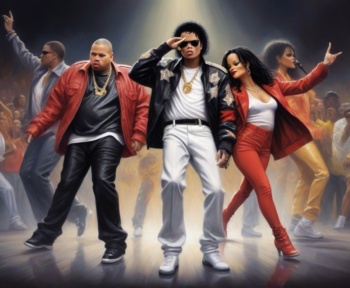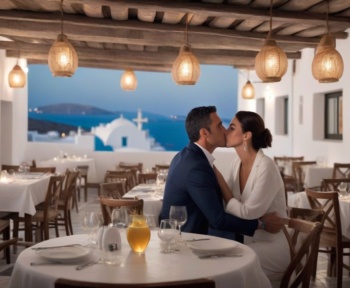In the vibrant nightlife of Nashville, a significant encounter unfolded as Kristin Cavallari, a familiar face from reality TV, was spotted reconnecting over drinks with her former flame, Mark Estes. The pair were seen deep in conversation, exuding comfort and familiarity, which has sparked interest and discussions amongst Cavallari’s fans and the wider public.
This meeting was no ordinary catch-up; it occurred in a renowned Nashville bar, noted for its inviting atmosphere and a clientele of eclectic backgrounds, providing the perfect backdrop for old acquaintances to revisit ties. Observers described the encounter as relaxed and upbeat, which might signify a successful transition from romantic involvement to a platonic friendship—a scenario often deemed challenging by societal standards.
Cavallari and Estes have a history that traces back to earlier this year when they began a romantic relationship. Despite the chemistry, the liaison was relatively short-lived, concluding with an amicable breakup. The reasons for their split, while not publicly detailed, seem to have been handled with maturity, as evidenced by their recent amiable public reunion.
Known for her openness regarding personal matters, Cavallari has often shared insights into her relationships through social media, where she discusses the nuances of love, heartbreak, and healing. Her approach speaks to an audience that values genuineness, as she often articulates the emotional landscapes of moving on and finding oneself post-breakup. Her latest meeting with Estes underscores her belief in respecting one’s past and using it as a stepping stone for future growth.
Expert opinions shed further light on this dynamic. Dr. Kelly Campbell, a specialist in relationships, mentions that reconnecting with an ex can provide closure or even solidify a new, platonic relationship. Cavallari and Estes seem to embody this perspective, illustrating how former partners can evolve into friends who appreciate each other from a new vantage point.
Research from Kansas State University suggests that maintaining friendships with ex-partners is relatively common, with motivations ranging from seeking emotional support to fostering personal growth. Cavallari’s continued cordial relationship with Estes may serve similar purposes, allowing them both to explore new paths of individual development while retaining a supportive connection.
The evening they spent together was punctuated with laughter and easy exchanges, likely reminiscing and perhaps closing old chapters in their story. Observers noted their effortless interaction, hinting at a relationship that has matured beyond past complexities. Despite rumors and speculations—often heightened by Cavallari’s celebrity status—their time together was characterized more by reflection and celebration of their history, rather than romantic revival.
In the broader context of celebrity culture, where every personal detail can be scrutinized and magnified, Cavallari’s straightforwardness in handling her public image and personal relationships offers a refreshing narrative. It challenges the often sensationalized portrayals of celebrity breakups, instead highlighting a scenario where two people can part ways yet remain in each other’s lives as friends.
Mark Estes, though less of a public figure compared to Cavallari, shares in this narrative by engaging positively with her post-breakup. This mutually respectful stance serves as a strong testament to the idea that past relationships don’t necessarily need to end acrimoniously but can transform into a different, yet meaningful, form of association.
As Cavallari moves forward, her interpersonal dealings offer insightful reflections on the complexities of human relationships. Her interaction with Estes is a poignant reminder of how relationships can morph, healing over time and changing perceptions that often define social interactions post-breakup.
Ultimately, the cordial reunion of Kristin Cavallari and Mark Estes in Nashville represents more than just a meeting of two ex-lovers; it is indicative of a larger trend where individuals find new ways to redefine their relationships beyond conventional boundaries. Their experience serves as a paradigm, challenging the rigidity of relationship frameworks and reinforcing the potential for evolving connections, which, while no longer romantic, are rich in respect and shared history.




